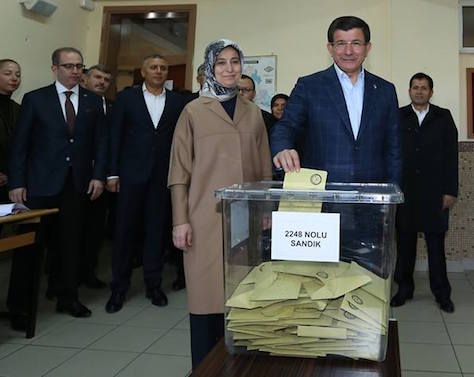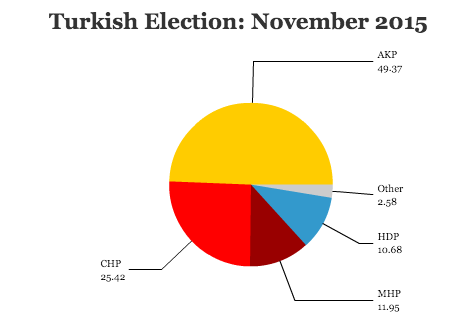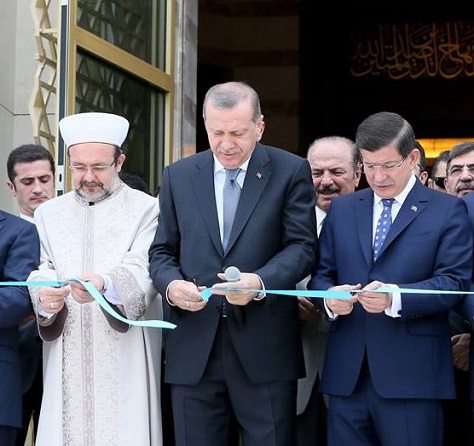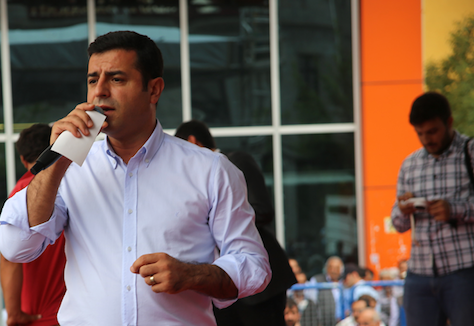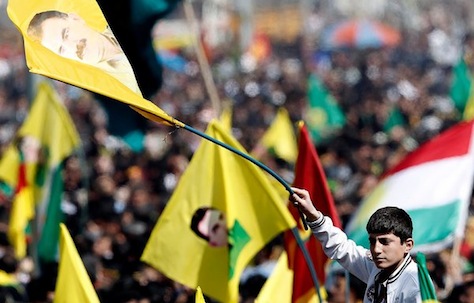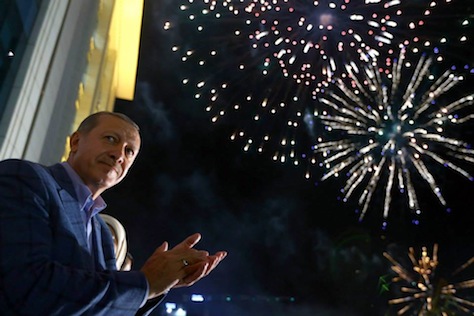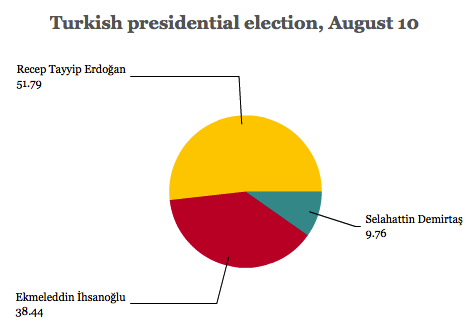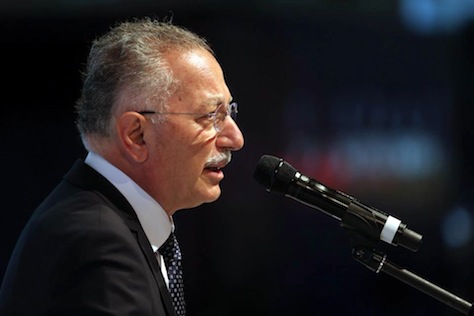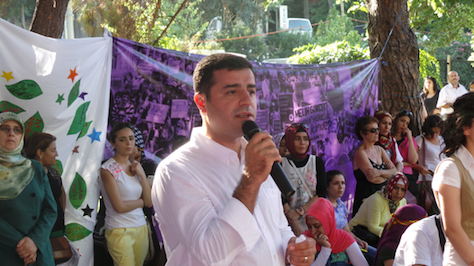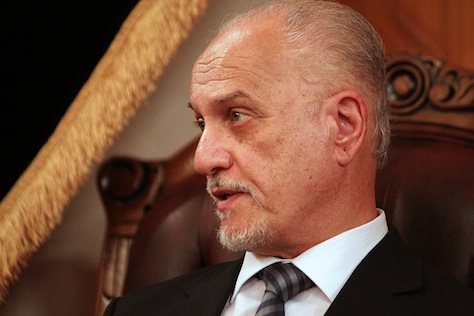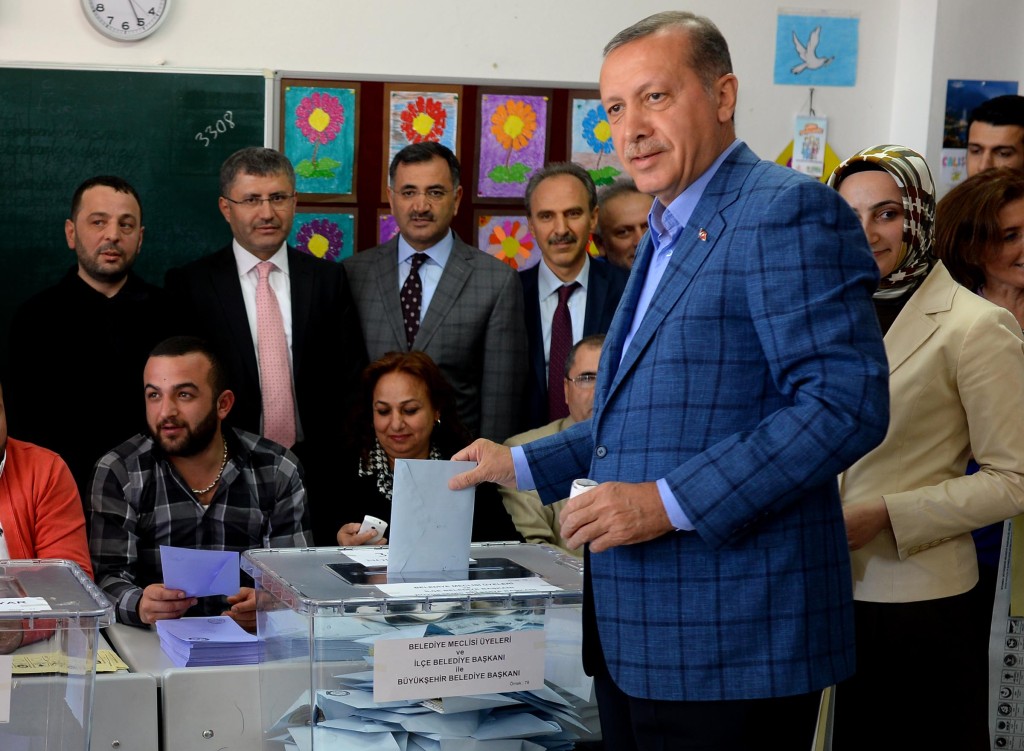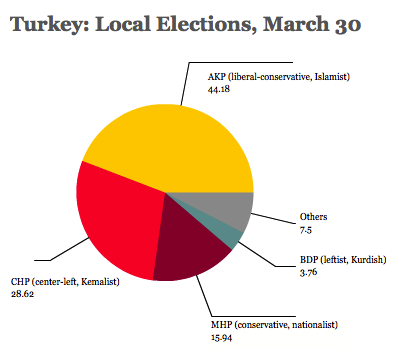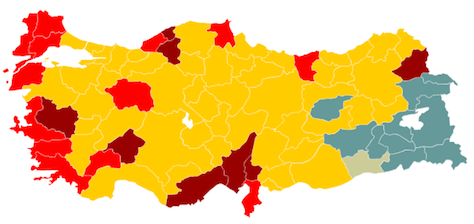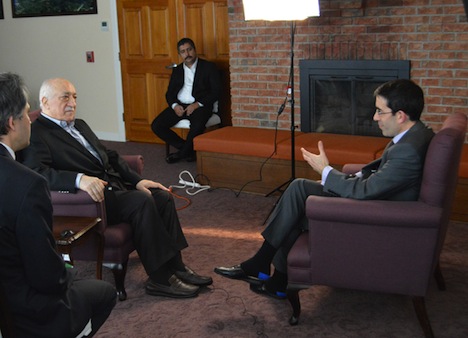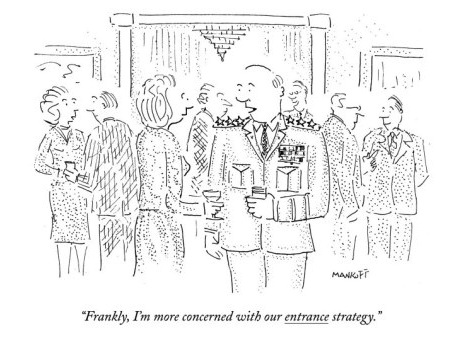
Retired U.S. colonel Ted Spain lists 10 mistakes that the United States made in its Iraq invasion in March 2003 in a succinct and insightful piece in Foreign Policy today.

Virtually all of them — from the intelligence failures to the inability or incapacity to provide for post-invasion law and order to the flippant attitude of the U.S. to building diplomatic ties in advance of the invasion — have to do with inadequate pre-war planning.
It reminded me of a cartoon that a friend rediscovered from The New Yorker over the weekend (pictured above), a poignant commentary on just how much hubris American policymakers, chief among them the Pentagon strategists under the leadership of U.S. Donald Rumsfeld, displayed in March 2003 before the Iraqi invasion.
It’s unclear today that the United States or the Middle East is more secure for having removed Saddam Hussein from power. Lawrence B. Lindsey, at the time head of U.S. president George W. Bush’s national economic counsel, was essentially sacked for suggesting that the war might cost up to $200 billion. It ended up costing $800 billion, nearly 4,500 U.S. troop deaths, 32,000 wounded and today, the U.S. military doesn’t even have so much as a small outpost in Baghdad since the absolute withdrawal of U.S. forces in December 2011.
Furthermore, the horrific prisoner abuse scandal at Abu Ghraib cost the United States whatever moral legitimacy it still had left a year after the invasion, which morphed from a quest to rid the country of phantom weapons of mass destruction into an aimless occupation to develop a democratic Iraq into a darker, counterinsurgency effort to stop a painful sectarian civil war.
And that’s even if you believe that the faulty intelligence that led U.S. political leaders to believe that Iraq was harboring weapons of mass destruction (it wasn’t — Saddam was posturing in large part to posture vis-a-vis Iran) was merely gross negligence and not outright manipulation and fraud.
Saddam was certainly no angel — and with the civil war in neighboring Syria reaching nearly a two-year anniversary under strongman Bashar al-Assad, the two countries provide quite a damning indictment for the Ba’ath Party (حزب البعث العربي الاشتراكي) in the two countries where it has been the dominant party in the last half of the 20th century.
But it’s certainly clear that Iraq is no better off for having suffered through the invasion and its aftermath. Iraq today is, mercifully, a long way from the sectarian violence that marred in the civil war from 2005 to 2008 but today, clear strains exist among the Sunni, Shi’a and Kurdish Iraqis.
Millions of Iraqi citizens were either displaced in the sectarian violence or fled the country entirely, and an estimated 120,000 Iraqi citizens were killed in the fighting.

Iraqi prime minister Nuri al-Maliki (نوري المالكي) (pictured above), who leads a Shi’ite coalition in the Iraqi parliament, is hardly a secular democratic leader, and protests have increasingly opposed his government in recent months — despite a 50% increase in Iraqi oil production since taking power in 2006, Sunnis in Baghdad now stridently oppose the al-Maliki government. The Iraqi parliament passed a law earlier this year limiting the speaker of the Iraqi parliament and Iraq’s prime minister and president to just two terms in office — that means al-Maliki will not govern Iraq after expected parliamentary elections in March 2014.
Those elections, by the way, will occur just months before another war-torn country in which the United States still has troops, Afghanistan, is set to select a successor to the term-limited president Hamid Karzai (حامد کرزی) after 12 years in office.
Iraq ranked in 2012 as the ninth-worst failed state in The Fund for Peace’s failed state index. It’s perceived as the world’s 18th most corrupt country in 2012 according to Transparency International. Though it’s made many gains in the past five years, it still ranks as just 131 out of 186 in the United Nations Human Development Report for 2013.
Above all, it bears repeating:
An estimated 120,000 Iraqi citizens died.
You can’t place the blame for all of those deaths directly on the U.S. military or the Bush administration or Donald Rumsfeld. But it’s indisputable that the invasion that the United States launched 10 years ago this week led to the unraveling of Iraqi civil society that unleashed the violence that led to those deaths.
If there’s one overweening lesson that the next generation of American security experts take away from the Iraqi war, whatever strides or obstacles that Iraq faces in the decades ahead, it’s that inadequate planning can doom even the most flawless initial invasion into a decade of painful, costly and terror-filled destabilization.
Thanks to Timothy Stewart-Winter for the cartoon by Robert Mankoff, which ran in The New Yorker in 2003.
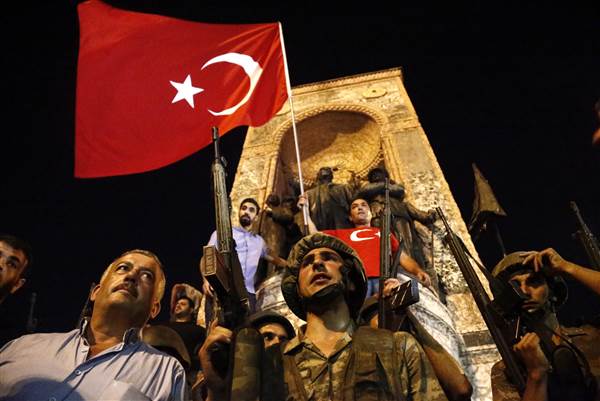
![]()
